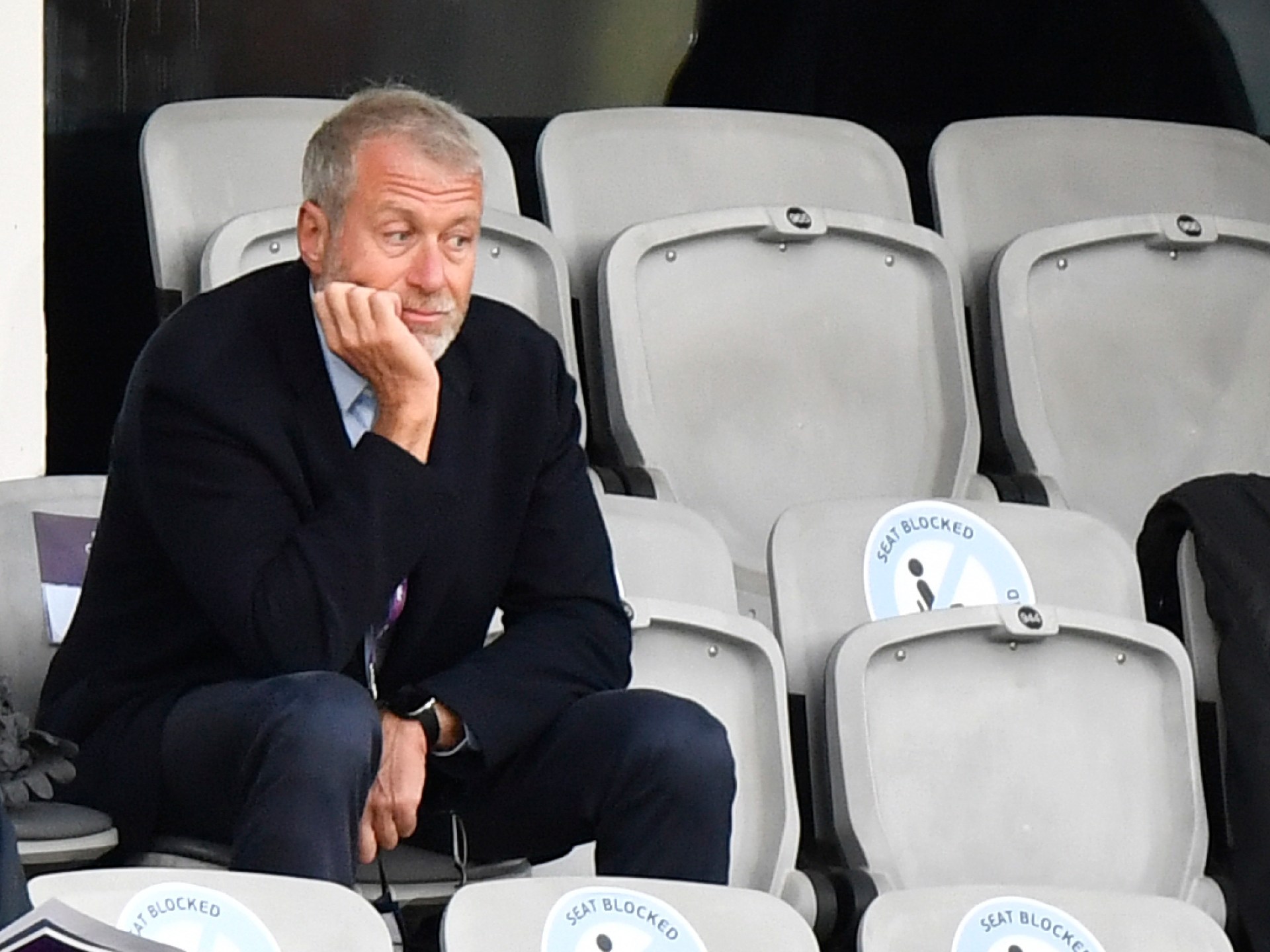Roman Abramovich loses legal attempt to overturn EU sanctions
The EU imposed punishment on the oligarch in 2022 as part of measures targeting Russia and Putin’s close allies.
Russian billionaire Roman Abramovich has lost a legal challenge aimed at overturning European Union sanctions imposed on him in the wake of Russia’s invasion of Ukraine.
Abramovich had filed a lawsuit at the EU’s general court against the European Union Council, which imposed punitive sanctions on the 57-year-old in 2022 as part of measures targeting Russia and President Vladimir Putin’s close allies after Russia invaded Ukraine.
The court in Brussels rejected the challenge and also dismissed his claims for compensation, noting his role in the Russian steel company Evraz and the fact that steel provided a major source of revenue to the Russian government.
“The General Court dismisses the action brought by Mr Abramovich, thereby upholding the restrictive measures taken against him,” it said in its ruling on Wednesday.
“The [European] Council did not in fact err in its assessment by deciding to include, then maintain, Mr Abramovich’s name on the lists at issue, in the light of his role in the Evraz group and, in particular, its parent company,” it added, referring to the sanctions lists.
Chelsea sale
Abramovich, who also holds Israeli citizenship and is a former owner of Premier League football club Chelsea, became one of the world’s most powerful businessmen after the 1991 break-up of the Soviet Union. Forbes estimates his net worth at $9.2bn.
In a statement issued on his behalf, Abramovich said he was disappointed by the ruling, which he can appeal.
He said the court had not considered some of the arguments used by the EU Council, including the proposition that Abramovich had benefitted from the Russian government – which he said was a false suggestion.
“Mr Abramovich does not have the ability to influence the decision-making of any government, including Russia, and has in no way benefited from the [Ukraine] war,” the statement said.
“The court’s decision to maintain the sanctions against Mr Abramovich was based purely on the court defining Mr Abramovich as a ‘Russian businessman’ which under today’s very broad EU regulations is sufficient to remain sanctioned, even if you are just a passive shareholder in a business sector with no connection to the war.”
The businessman has also been punished in the United Kingdom and had his assets frozen in response to Russia’s invasion of Ukraine.
Abramovich was forced to sell Chelsea after being sanctioned by the British government for what it called his enabling of Putin’s “brutal and barbaric invasion” of Ukraine. The sale of the Premier League club for 2.5 billion pounds ($3.2bn) — then the highest price ever paid for a sports team — was completed by a consortium fronted by Los Angeles Dodgers part-owner Todd Boehly.
It marked the end of the trophy-filled, 19-year tenure of Abramovich.
The EU has imposed 12 rounds of sanctions on Russia since Putin ordered his troops into Ukraine almost two years ago. The measures have targeted the energy sector, banks, companies and markets, and made more than 1,000 Russian officials subject to asset freezes and travel bans.




